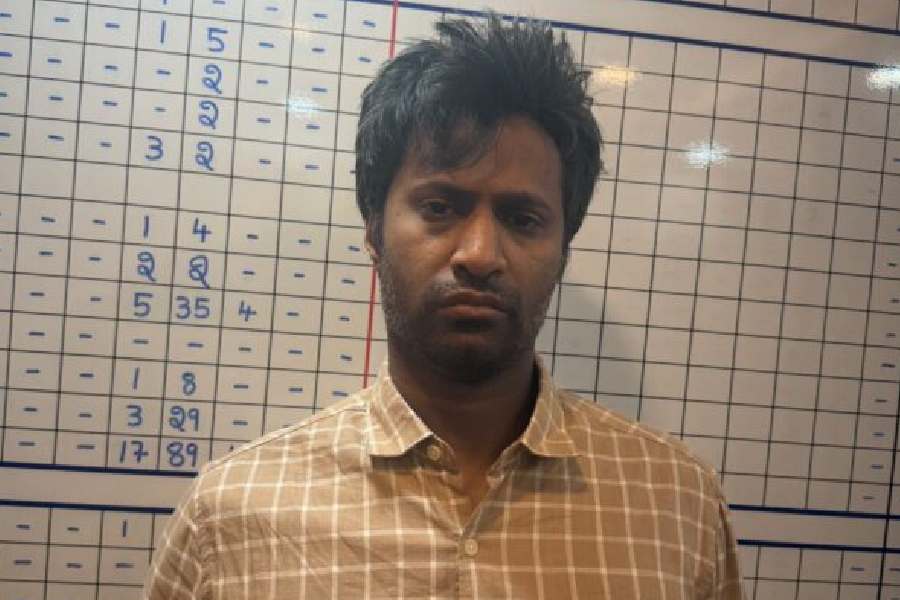New Delhi, June 27: France has signalled intentions of joining the US in an emerging race to be early gainers from the planned liberalisation of India’s massive education sector, protected zealously from foreign direct investment till now.
Two days after a publicised meeting between US under-secretary of state William Burns and education minister Kapil Sibal, the French have rushed to discuss their plans for participation in Indian higher education, The Telegraph has learnt.
French ambassador Jerome Bonnafont met Sibal on June 13 to discuss the existing collaborative projects between the two countries as well as the possibilities of expanding France’s imprint on Indian higher education, top government sources said.
“At a time the government is keen to open up education for foreign participation, the visits of Burns and Bonnafont within days of the minister taking over signal a possible race in the offing,” a human resource development (HRD) ministry official said.
Burns had met the HRD minister on June 11 to discuss Indo-US collaborations in education. The meeting resulted in India and the US setting up a joint working group for collaboration that will meet annually and is headed by the education ministers of the two countries. Unlike Burns’s meeting with Sibal, Bonnafont’s was kept under wraps.
India has traditionally been averse to allowing foreign direct investment (FDI) in education. The UPA, in its first tenure, announced a policy allowing 100 per cent FDI in education.
But bringing in legislation to implement that policy proved more difficult. The HRD minister at the time, Arjun Singh, opposed moves to open up Indian education to foreign countries and institutions under what he feared was US pressure.
A bill to allow and regulate foreign educational institutions in India was approved by the cabinet but not tabled in Parliament because of overt opposition from the government’s Left allies and covert opposition from Arjun.
In its second term, though, the UPA has expressly indicated its plans to allow greater foreign investment in education.
At his meeting with Sibal, Bonnafont discussed an earlier French proposal for collaboration in setting up the planned IIT in Rajasthan — first reported in this newspaper on November 17, 2008.
At the time, the HRD ministry was suspicious of the offer because a collaborative effort with Japan on the IIT in Hyderabad faced the threat of what Indian officials called “betrayal”. Japan had initially offered to share in the financial investment for the IIT but then backtracked.
But Sibal, it is learnt, indicated to Bonnafont he was keen to pursue relations over not just the IIT but other areas of higher education too. France has already submitted a draft proposal for collaboration on the IIT.
In January last year, during French President Nicholas Sarkozy’s visit, Sibal and the French minister of higher education and research, Valerie Pecresse, had signed agreements on collaboration between universities of the two countries in science and technology. Sibal then was minister for science and technology.
Bonnafont and Sibal, on June 13, also discussed these agreements, aimed at creating an “Indo-French consortium of universities”, HRD ministry sources said.
The French ambassador, sources said, expressed his country’s desire to collaborate with India in nano-technology and nuclear science projects.











